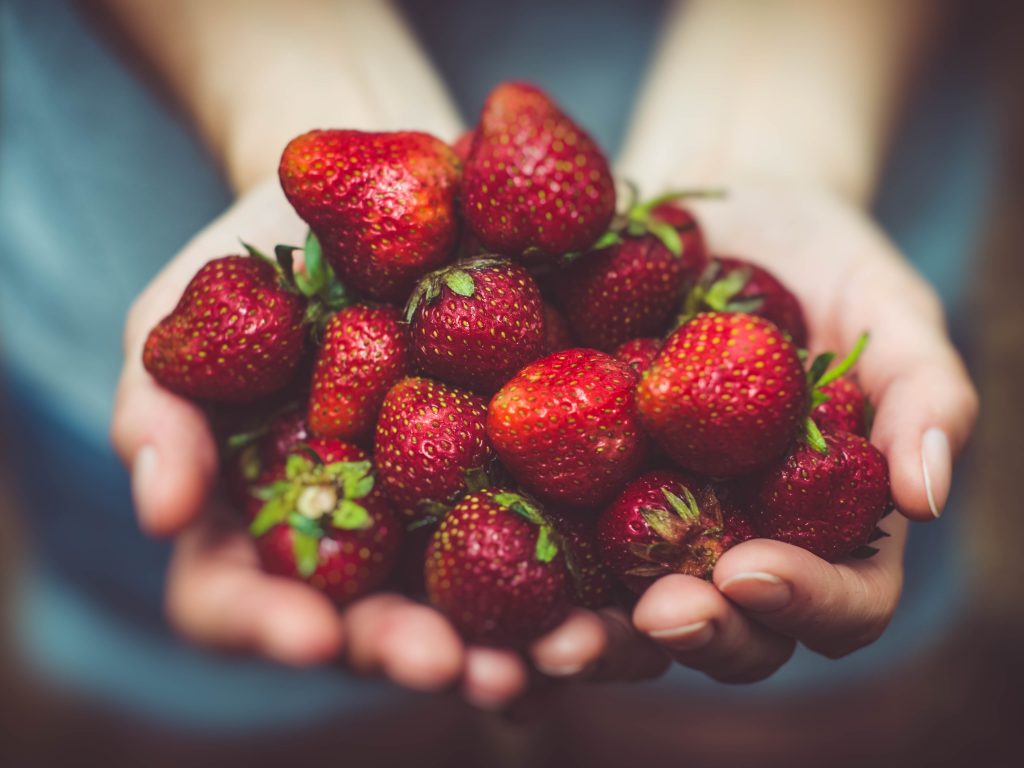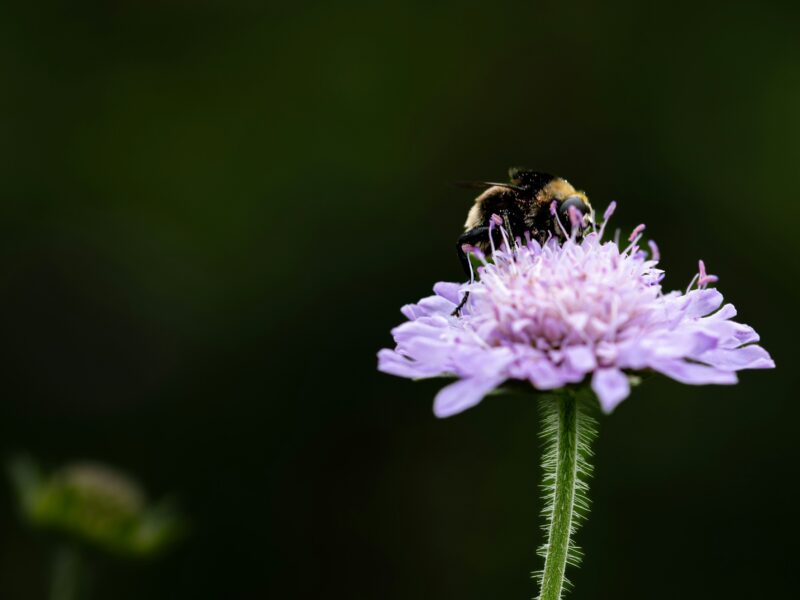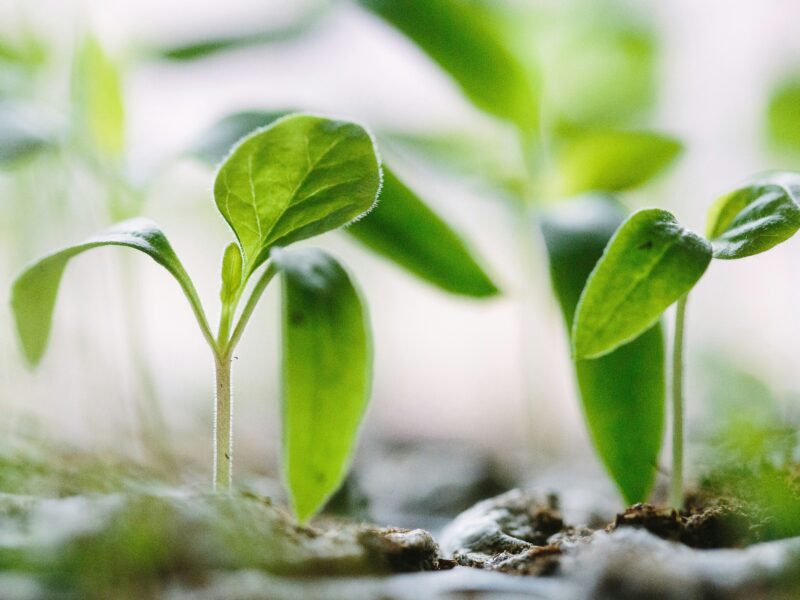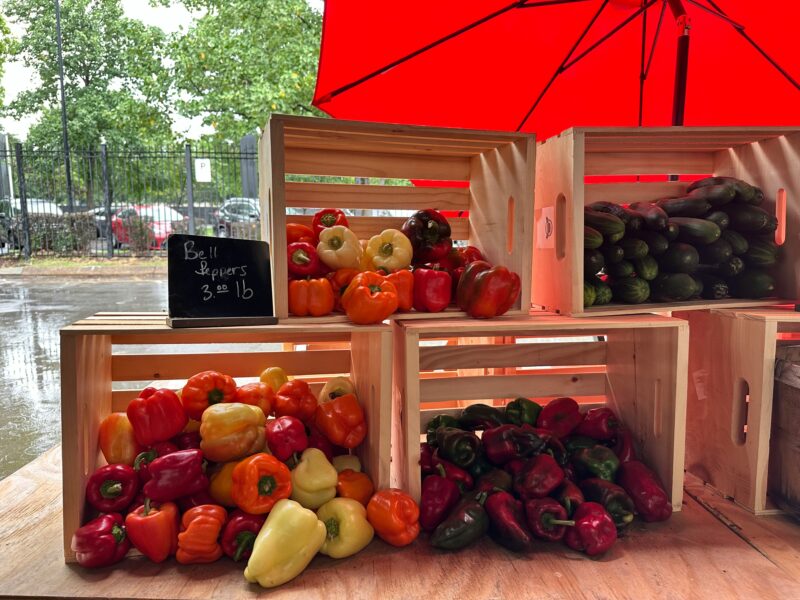Guest blog from Anna Lappe
My heart skipped a beat when I read the headline: “Pesticides as bad for kids’ lungs as cigarette smoke, study says.”
The grim finding, reported in the Los Angeles Times last December, was more evidence of the toll of agricultural pesticides, especially on those living in the shadows of farming operations. This particular discovery came out of the CHAMACOS study (the acronym of the Center for the Health Assessment of Mothers and Children of Salinas), which has been following more than 250 children born to women living in a heavily agricultural region of California.
The researchers began 15 years ago by testing a cohort of pregnant women for organophosphate metabolites, indicators of their exposure to agricultural pesticides. They have been checking the children at regular intervals ever since. Their observations have been profound.
While testing the lungs of the children, the researchers found a significant correlation between higher levels of organophosphate metabolites and lower exhalation rates. “The decrease in lung function was similar to the declines chronicled in a well-known study of prolonged exposure to secondhand cigarette smoke,” the Los Angeles Times said.
The CHAMACOS study has found that children born to farmworker mothers exposed to pesticides in the fields, residences and elsewhere suffer other health damages. For example, children born to women living near areas where the agricultural fumigant methyl bromide was applied, were smaller at birth than average. Children who had greater prenatal exposure to organophosphate pesticides had attention problems when they reached school age and lower IQs.
I’ve long been an organic believer: I was raised by a food-conscious mom in San Francisco in the 1970s. My father was a toxicologist who saw firsthand the devastating impact of toxic pesticides.
Now, as a mom of two young girls, I choose organic for our family as frequently as I can. I make this choice not only because I want what’s best for my kids, but also because I want to be sure my consumer choices don’t threaten the health and well-being of the children of farmworkers and their families and others who live in the communities in agricultural regions.
It’s this approach to organic that moves me beyond my own family’s dinner table, to ask how we can advocate a safer and healthier food supply for everyone? How can we move the marketplace to organic, not only with our purchases but also by shifting policies and the practices to enable more farmers to go organic and more people to have access to it?
We can go beyond shopping. We can support organic farmers’ networks, media outlets and social benefit organizations working to educate the public about the harm of toxic agricultural chemicals, and by kicking these substances off our fields and out of our food supply.
We’ve got a long way to go until our fields are threat-free, but in the meantime we can support our organic growers and fight for fair policy.
In all these ways, the choice for organic is an acknowledgment of our interdependence. We’ve all heard the maxim that you are what you eat, but I am what you eat, too; you are what I eat. The more of us who reject toxic chemicals in our food supply, the more we build a market for organic farmers. The more we encourage farming operations, the more often we have communities that are safe for everyone — and for the birds and the bees.









